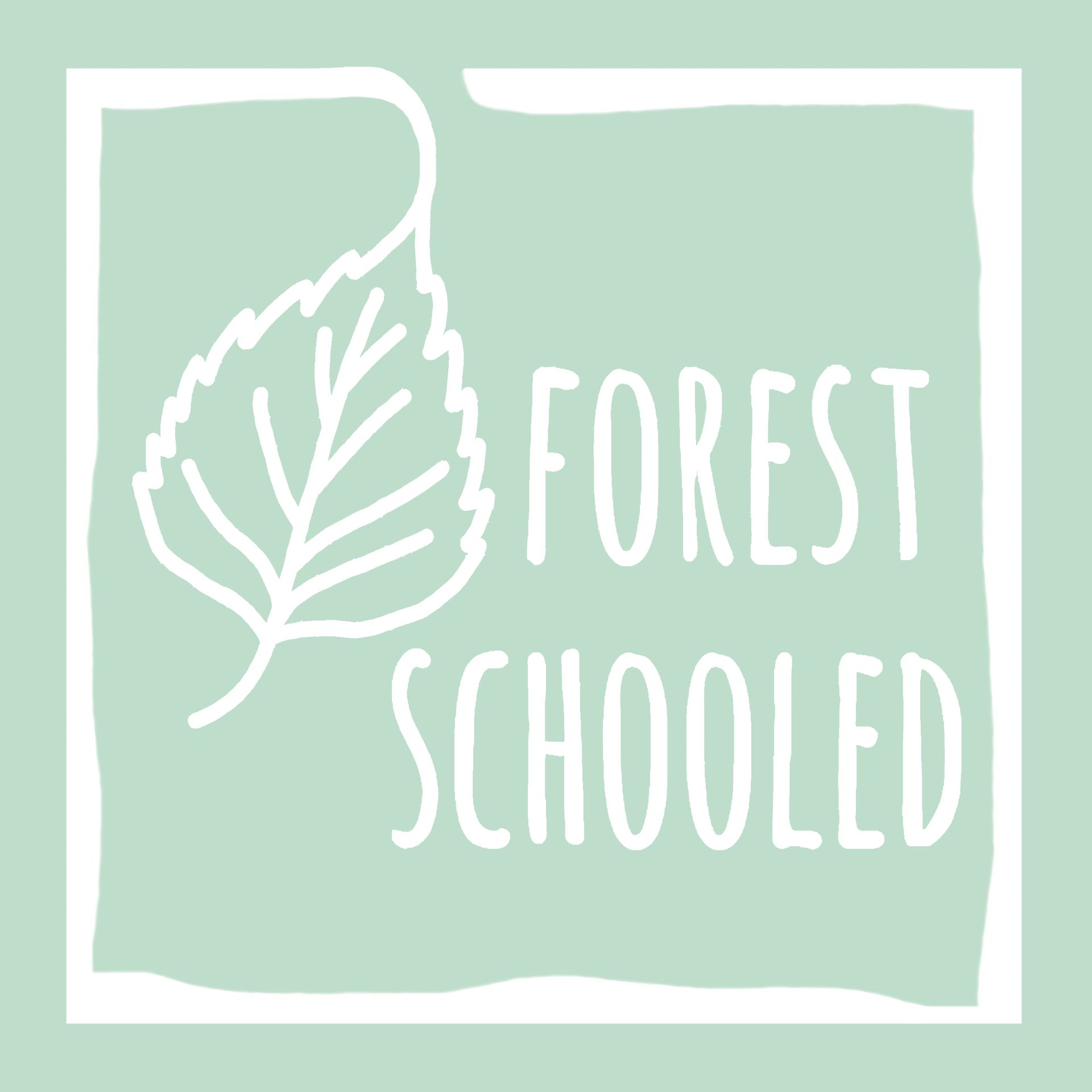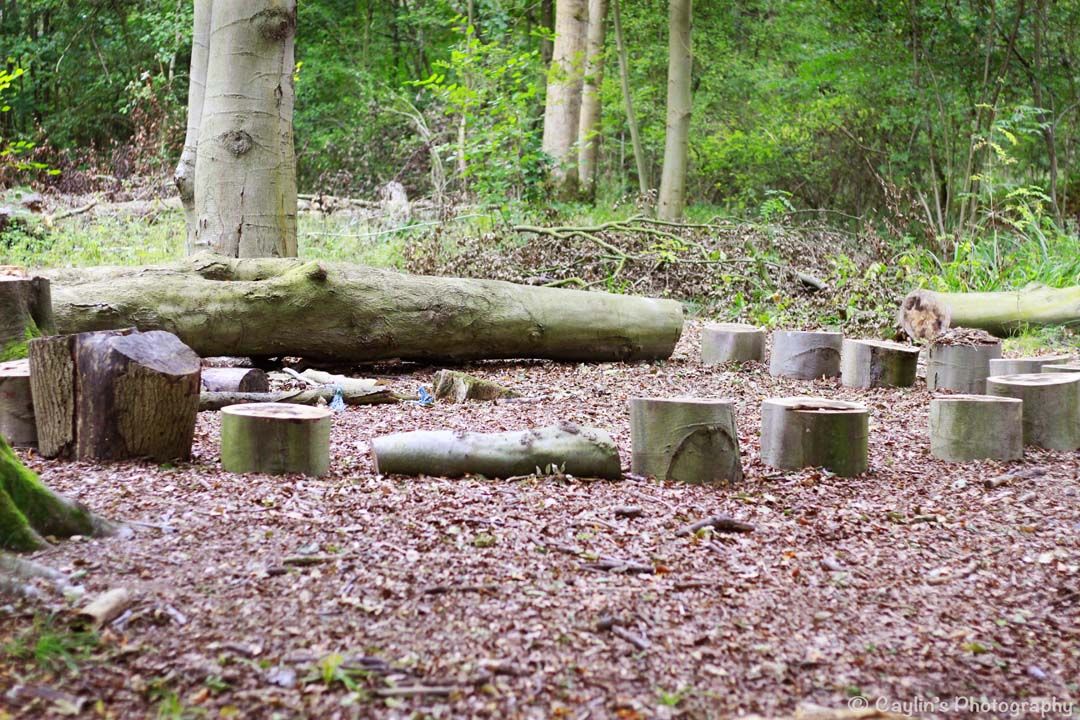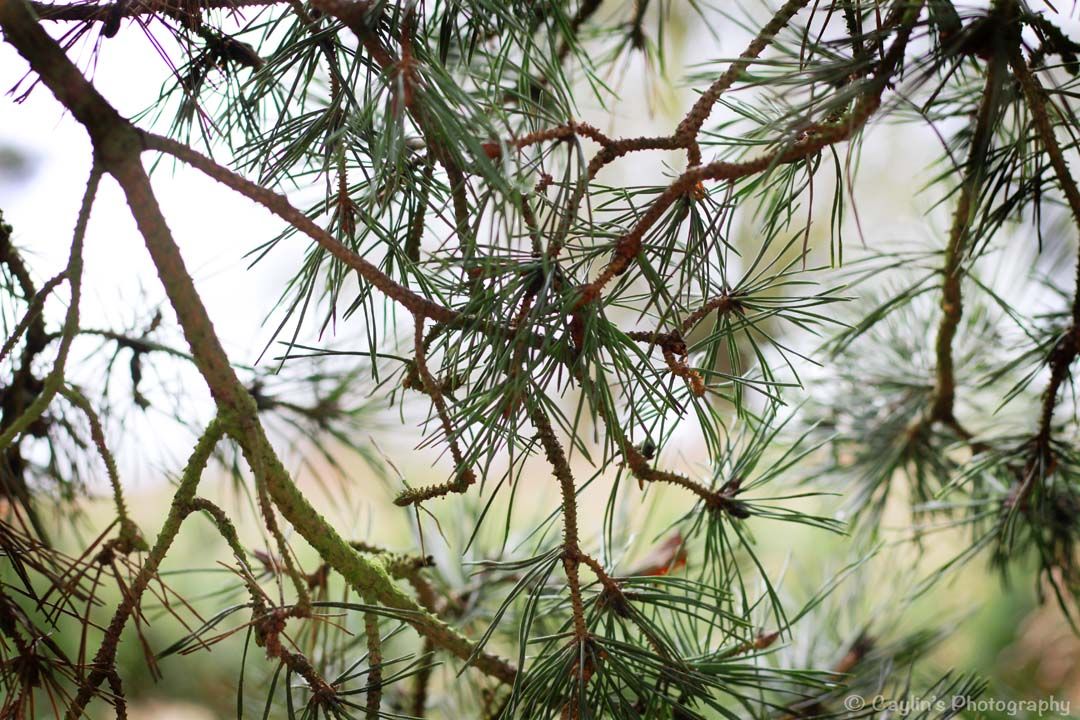
Blog
Stories from my personal journey learning about and delivering Nature-rooted programs across three different countries
The magic of storytelling...
Caylin (Forest Schooled)

Empty space, drag to resize
Short on time? Listen to this blog post as a podcast. And subscribe to my podcast channel on Apple Podcasts, Google Podcasts, or Spotify.
If you stand in front of a group of kids, or people of any age, and start spewing out facts or ideas about a particular topic (like common trees found in the forest, for example), eyes will probably glaze over. There might be a few people with a particular interest in trees who remain attentive, but it's likely that most will lose interest fairly quickly. But if you stand up in front of that same group of people and tell a story, something different happens...
Good storytellers can transform an entire audience. I witnessed this each week at summer camp, where a storyteller would come to entertain the children and their families as the concluding event of the week. A noisy and squirmy group of around 60 children would transform into a still and silent hush of eager eyes pointed directly at the storyteller as he or she began to speak. It felt like magic - like somebody had cast a spell over everyone listening.
So why does this happen?
Some interesting research from Uri Hasson of Princeton University recorded people's brain activity during storytelling events. The research indicated that "our brains show similar activity when we hear the same story. In one study, five people listen to the same personal story told aloud. Before the recording begins, their brains show rather different activity—then once the story starts, their brain activity becomes synced, or what Hasson calls 'aligned.'" (Ha, 2016).
Sounds phenomenal doesn't it? And certainly gives credence to the notion of stories as a very powerful form of communication. But another research study indicates that not just any story will do. Paul J. Zack (2013) states, "there are two key aspects to an effective story. First, it must capture and hold our attention. The second thing an effective story does is “transport” us into the characters’ world." Essentially, we need to feel emotionally connected with the story.
So, there are certainly tricks to the trade when it comes to being an effective storyteller. I've always known this, but it became particularly evident one week at camp when the storyteller did not show up! We'd gathered our 60 campers around the seating area, all waiting with anticipation for the stories to come. But the storyteller didn't arrive and as time started to tick by, we realised we had to do something other than wait...
So I said, "I'll tell a story."
I had never told a story without reading from a book in this type of setting ever in my life... But I'd always wanted to try it.
I nervously stepped out in front of the group and started to tell a story I'd heard only once before at a Forest School session. It was about a robin who runs into some trouble while seeking shelter from some trees in winter. The story goes that a little pine tree was the only tree kind enough to allow the robin to shelter in its branches and so the Great Wind decided to teach all the other trees a lesson by blowing off their leaves, leaving them bare and cold through winter... the story sparks an element of curiosity about why some trees lose their leaves in winter and some don't.

I will fully admit that telling that short and simple story was actually really hard! It certainly felt to me like it lacked the 'magic' in storytelling I mentioned earlier. That's okay though, I'm not going to be too hard on myself for a first storytelling attempt without any prior preparation. It also stalled just long enough for the 'real' storyteller to arrive and things went on as planned! (Does that make me a hero?).
So what storytelling experiences or tips do you have to share? Do you use storytelling a lot in your setting? Tell me about your adventures with storytelling in the comments below!
Want some more resources for storytelling?
Here's a pinterest board I've made with links to several storytelling resources. If you know of any more, let me know and I'll add it to the collection!
References:
Ha, T. (2016) What happens in the brain when we hear stories? Uri Hasson at TED2016, http://blog.ted.com/what-happens-in-the-brain-when-we-hear-stories-uri-hasson-at-ted2016/, 23/09/2017.
Zak, P. J. (2013) How stories change the brain, https://greatergood.berkeley.edu/article/item/how_stories_change_brain, 23/09/2017.
More Posts
WANT TO GET FOREST SCHOOLED TOO?
Subscribe to my email letters, something special from me to you so we can learn together. Each one is filled with heart-felt stories from the forest, resources you may find useful, and things that hopefully bring a smile too.
Thank you!
© by FOREST SCHOOLED
